Why measuring unpaid domestic and care work matters, and how we can help
Until recently, the value of unpaid domestic and care work (UDCW) and its economic and social impact was often excluded from budget planning and national policy agendas. Today, this is finally changing. In fact, the measurement of UDCW is now considered an essential component of official statistics on work, employment, and labour under-utilisation as well as a critical indicator of gender-based inequalities.
To meet the growing demand for data on UDCW, the ILO’s Statistical Standards and Methods Unit (SSMU) has developed and tested a series of practical, light time-use measurement tools for attachment to Labour Force Surveys (LFS). These new tools build on international best practice and extensive field testing with implementation partners including NSOs and independent research institutes.
Shedding light on the world of unpaid domestic and care work
Every day, more than 16 billion hours are devoted to unpaid domestic and care work around the world. As global populations age, these figures are set to rise, with a disproportionate impact on women. Quantifying UDCW is critical to understanding labour under-utilisation, employment trends, and gender-based inequalities.
The new LFS “light time-use modules,” provide an innovative tool to support efficient and comprehensive data collection on UDCW, helping us move a step closer to a more equitable world of work and social justice for all.
The evolution of labour market statistics
In 2013, the 19th International Conference of Labour Statisticians (ICLS) revolutionized how we measure work around the world. With the adoption of Resolution I of the 19th ICLS, labour statistic standards expanded to include previously omitted types of unpaid work alongside paid employment and existing categories of unpaid work.
A few years later, in 2015, a Sustainable Development Goal required countries to begin producing statistics on the “proportion of time spent on unpaid domestic and care work by sex, age and location.” A third pivotal moment came with the Beyond GDP initiative, which seeks to complement standard macro-economic indicators, such as GDP, with valuations of UDCW and other wellbeing indicators.
New standards, better insights
Unpaid domestic and care work would equal a substantial portion of global GDP if given an equivalent monetary value, exceeding 40% in some countries based on conservative estimates.
Even more importantly, women’s disproportionate responsibility for unpaid domestic and care work reflects and reproduces gender stereotypes and inequalities, and is the main reason why many women are outside the labour force or marginalized or adversely incorporated within it.
As such, the measurement of UDCW provides a foundation for crafting evidence-based solutions that address gender gaps and improve policy effectiveness, helping foster equal opportunity, inclusion and social justice on an international scale.
Read our report
Introducing the ILO light time-use module:
a new tool to measure UDCW
-
Save time. Reduce costs. Report better.
-
Deployment ready
Meets current standards and guidance on time-use statistics:
-
Tried and tested
Subjected to extensive field piloting
-
Improved accuracy
24-hour ‘yesterday recall’ with 15-minute time slots
-
Comprehensive domain coverage
Pre-coded activity listings, records multi-tasking
-
Flexible reporting
Easily adapts to new contexts and diverse subjects
-
Better data capture
Embedded quality controls, recall aids and recovery sections for hard-to-capture domains
Watch a video demo of the module
Based on our pilot project
How we can help
Adhering to new standards and adopting new methodologies can be challenging for statisticians, but SSMU is here to help. In addition to the light diary module, we provide:
- Step-by-step training guides
- National adaptation and implementation toolkits
- Practical ITC-ILO training courses
- Personalized technical assistance
Contact us to request technical or capacity building support.
Also available is the UDCW social media kit so you can easily share content on this key topic in your social networks.
